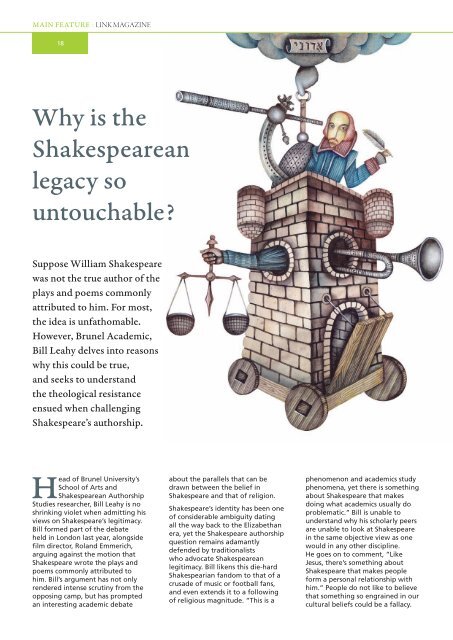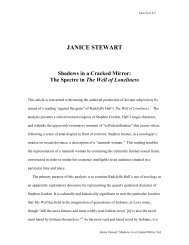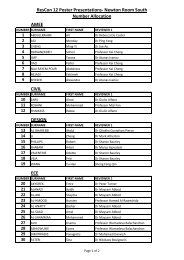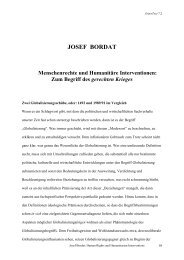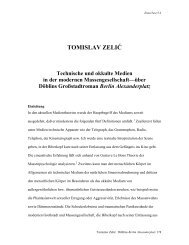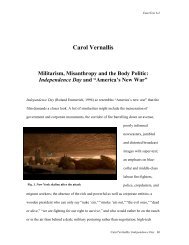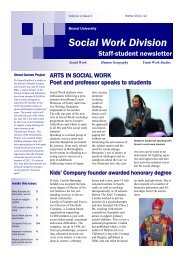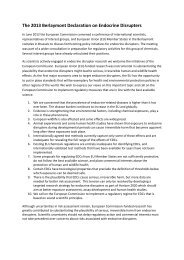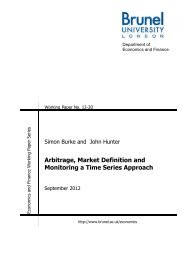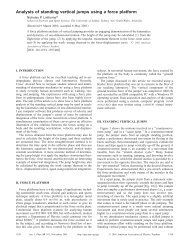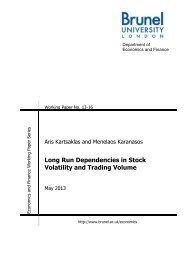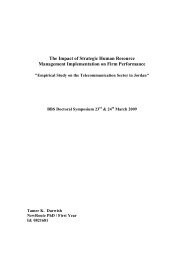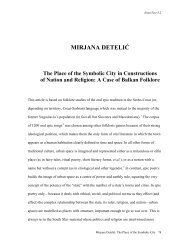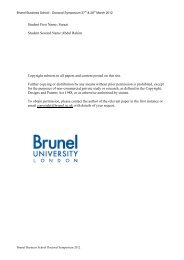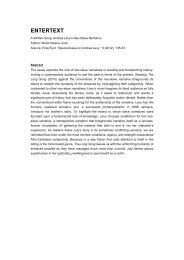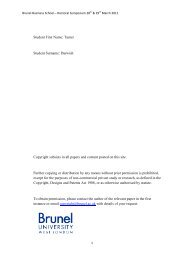Brunel's Olympic Hopefuls - Brunel University
Brunel's Olympic Hopefuls - Brunel University
Brunel's Olympic Hopefuls - Brunel University
Create successful ePaper yourself
Turn your PDF publications into a flip-book with our unique Google optimized e-Paper software.
MAIN FEATURE :: LINK MAGAZINE<br />
18<br />
Why is the<br />
Shakespearean<br />
legacy so<br />
untouchable?<br />
Suppose William Shakespeare<br />
was not the true author of the<br />
plays and poems commonly<br />
attributed to him. For most,<br />
the idea is unfathomable.<br />
However, <strong>Brunel</strong> Academic,<br />
Bill Leahy delves into reasons<br />
why this could be true,<br />
and seeks to understand<br />
the theological resistance<br />
ensued when challenging<br />
Shakespeare’s authorship.<br />
Head of <strong>Brunel</strong> <strong>University</strong>’s<br />
School of Arts and<br />
Shakespearean Authorship<br />
Studies researcher, Bill Leahy is no<br />
shrinking violet when admitting his<br />
views on Shakespeare’s legitimacy.<br />
Bill formed part of the debate<br />
held in London last year, alongside<br />
film director, Roland Emmerich,<br />
arguing against the motion that<br />
Shakespeare wrote the plays and<br />
poems commonly attributed to<br />
him. Bill’s argument has not only<br />
rendered intense scrutiny from the<br />
opposing camp, but has prompted<br />
an interesting academic debate<br />
about the parallels that can be<br />
drawn between the belief in<br />
Shakespeare and that of religion.<br />
Shakespeare’s identity has been one<br />
of considerable ambiguity dating<br />
all the way back to the Elizabethan<br />
era, yet the Shakespeare authorship<br />
question remains adamantly<br />
defended by traditionalists<br />
who advocate Shakespearean<br />
legitimacy. Bill likens this die-hard<br />
Shakespearian fandom to that of a<br />
crusade of music or football fans,<br />
and even extends it to a following<br />
of religious magnitude. “This is a<br />
phenomenon and academics study<br />
phenomena, yet there is something<br />
about Shakespeare that makes<br />
doing what academics usually do<br />
problematic.” Bill is unable to<br />
understand why his scholarly peers<br />
are unable to look at Shakespeare<br />
in the same objective view as one<br />
would in any other discipline.<br />
He goes on to comment, “Like<br />
Jesus, there’s something about<br />
Shakespeare that makes people<br />
form a personal relationship with<br />
him.” People do not like to believe<br />
that something so engrained in our<br />
cultural beliefs could be a fallacy.


